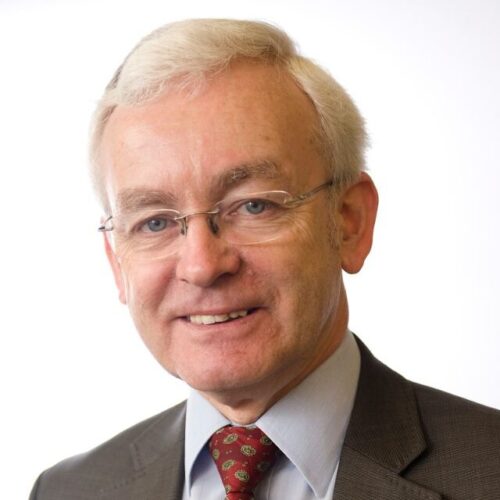AGENDA
Discussion themes
• Post-Covid19 regional economic cooperation strategies and priorities.
• Current and future role of Western Balkans countries in developing a sustainable supply of critical raw materials to Europe and globally.
• Large-scale infrastructure projects to support green economic development.
• Energy mix and cross-border cooperation towards a low carbon economy.
• Investment, trade, and technological opportunities in exploration, development, and processing of primary raw materials.
• A social contract for mining. Lessons learned and moving forward.
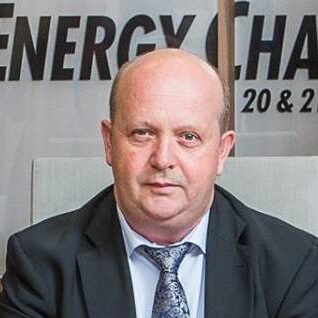
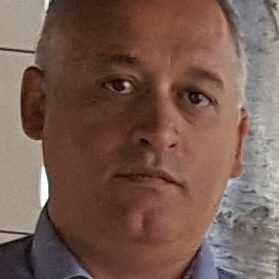
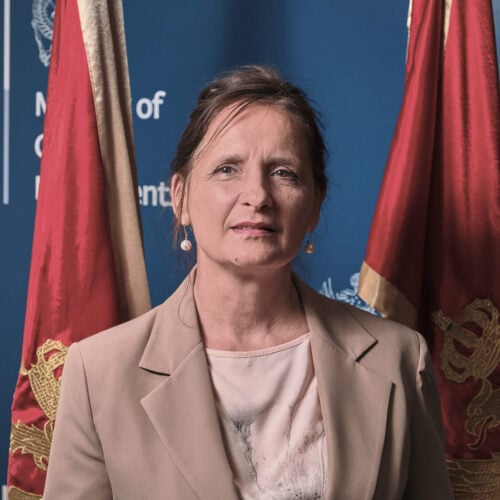

In 2020 Europe represented just 5% of global mining and is the only region in the World with a declining mining industry. Europe’s ambitious electrification and decarbonisation plans will likely fail unless Europe’s mineral-rich countries start investing in mining and processing critical raw materials (CRMs). Expansion of domestic mining, processing, and refining capacities in Europe is critical for reducing imports and geopolitical dependencies. Political leadership, guidance, political support as well as public communication strategies for developing CRM mining projects across Europe, including in Western Balkans, will become ever more important in the forthcoming years.
Discussion themes
- The EU’s “Open Strategic Autonomy” plan
- Prospects for integrating the Western Balkans into EU CRM supply chains
- Global market analysis and outlook for critical raw materials
- Impact of EU climate and energy policy on CRM demand and output
- Responsible sourcing of critical metals in Europe
- What is the future of battery metals demand and production in Europe?
- The EV Revolution: impacts on critical raw material supply chains
- Prospects for CRM production in the Western Balkans and wider Europe
- New “greener” solutions for recovery of critical and precious elements
- Mining for the EU’s Green Future – challenges ahead
11:30 - Building Resilience to Geopolitical Risk

11:45 - Status of the EU Critical Raw Materials policy developments
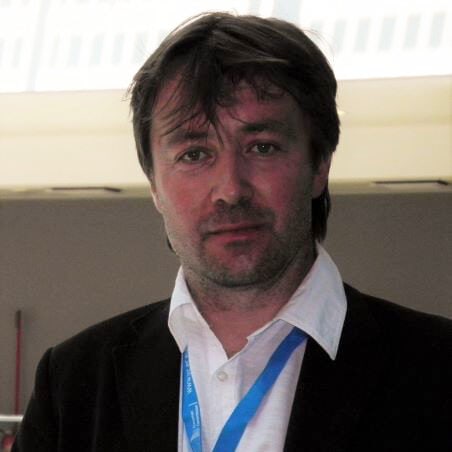
12:00 - West Balkan mineral register
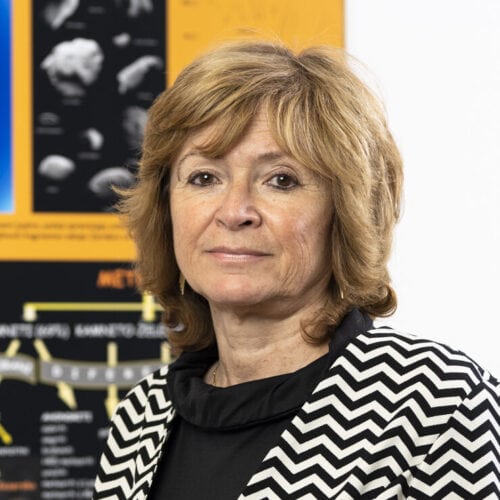
12:15 - Mining Sector in Albania and Some Recommendations on Foreign Investments
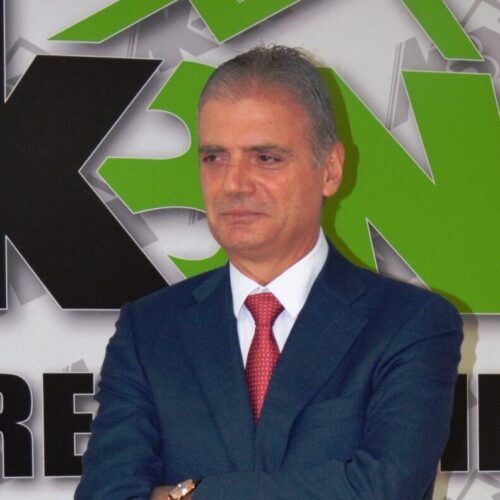
12:30 - Sustainable development - Future of mining in Republic of North Macedonia

12:45 - Mining in Serbia - Potential and Threats
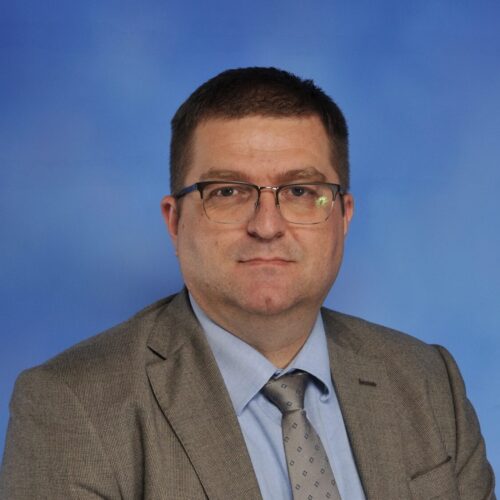
The Initiative for coal regions transition in the Western Balkans was launched in December 2020 to help the countries to move away from coal toward a carbon-neutral economy. Current surging prices, low inventories, and Russia’s invasion of Ukraine have sent energy prices soaring and prompted many countries to scramble to secure supplies and turn to coal and nuclear energy. Currently, the Western Balkans countries are rowing back on commitments to phase out the production of lignite coal – the most polluting fossil fuel. North Macedonia, once a frontrunner in attracting renewable energy investors, is planning to open two new coal mines to supply power stations. Kosovo with the world’s fifth-largest deposits of lignite is increasing exports to Germany and other European states. Serbia is also increasing coal production due to insufficient rain for hydroelectric plants and plans to import 500 tonnes of coal per day from Montenegro. Bosnia and Herzegovina, the only Balkan country that exports electricity, says it will delay plans to shut down coal-fired power plants due to high energy prices. Meanwhile, for the first time ever, wind and solar account for more than 10 percent of the world’s electricity supplies. Given the need to cut out ties with coal, oil and gas generally – and Russia’s pipelines specifically – there has been a flurry of announcements supporting the urgency of increasing renewable energy as a proportion of Europe’s energy mix. Iceland and Norway are the front runners in Europe’s transition to renewable energy. Albania and Latvia are next on the list, with 42 percent of their total energy mix coming from a combination of hydro (strongest in Albania), biofuels, and waste (a sizeable 37 percent in Latvia), wind, solar and other sources.
Discussion themes
- Outlook on EU and Western Balkan Energy Transition towards a Low Carbon Economy
- What is the future of the European Green Deal and what is the new European Energy Union?
- EU Policy Priorities for the Coal Regions in Transition.
- How EU’s ESG and taxonomy rules impact coal-generated energy?
- Energy mix in the Western Balkans and what prospects for the energy transition away from coal?
- What financial and technical assistance is offered to energy transition projects?
- Cases of energy transition of coal mines to PV power plants and storage systems.
- Advanced Coal mine reclamation.
14:00 - Land Reclamation and Repurposing – A Key Pillar Supporting a Just Coal Transition

14:15 - The EBRD’s role in helping the Western Balkans countries to diversify their sources of renewable energy

14:30 - Strengthening governance for the sustainable development of minerals critical to the energy transition

14:45 - Reimagining mine closure

15:00 - SUMEX - a sustainability framework for the extractive industry in Europe
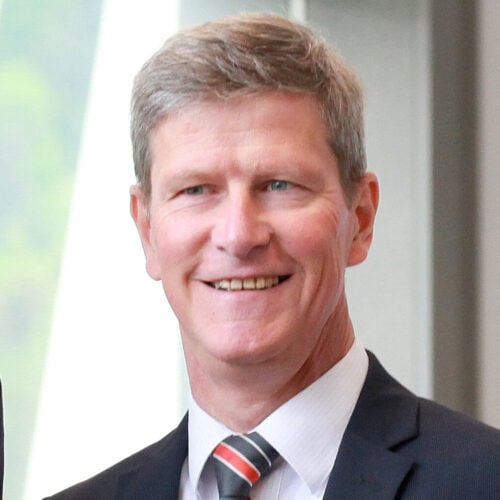
15:10 - ERA-MIN3: Raw materials for the sustainable development and the circular economy.

15:20 - The role of the Albanian Investment Corporation in developing underutilised state assets and contribute in attracting investments in sectors which have great potential to bring economic development for the country.

One of Europe’s challenges is to secure a sustainable supply of raw materials from European sources. Without undertaking its own exploration, the EU will have no new mining projects. This, in turn, means no refineries and, without refining capacity, the EU will continue to be in great part dependent on foreign supplies of high-quality materials. Only 9% of the EU’s overall raw material demand can be supplied by the EU-27 itself. Meanwhile, much of the European continent remains under-explored in terms of greenfield geological resources, and the most comprehensive exploration campaigns, especially in the Balkans and Eastern Europe, dating back to the mid-fifties. Huge reserves remain to be found onshore as well as offshore. In addition to greenfield deposits, Europe has a millennial legacy of sites impacted by mining and industrial activities.
Discussion themes
- Overview of critical raw materials exploration and production in the Western Balkans
- How competitive are greenfield and brownfield exploration in the Western Balkans?
- What can the Western Balkans offer investors?
- Where will growth come from to support exploration in the coming decade?
- What bottlenecks are holding back greenfield and brownfield development?
- Are the local Governments changing strategies to encourage the inward investment in the development and the exploitation of PRMs in the region?
- Opportunities for exploration, mining, processing, and recovery of PRM in the region.
- Opportunities for landfill mining and reclamation in Western Balkans.
16:00 - Mining industry in Albania and its sustainable development
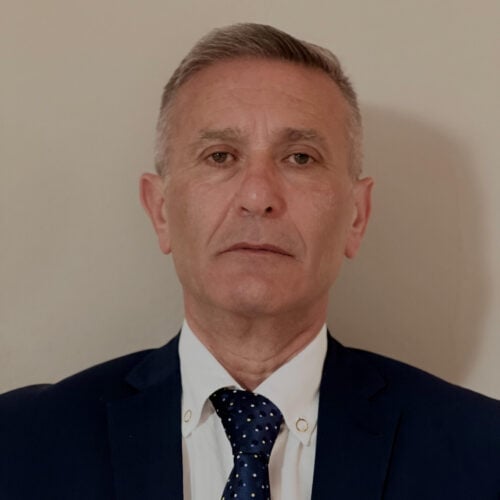
16:15 - Critical raw materials in Albania
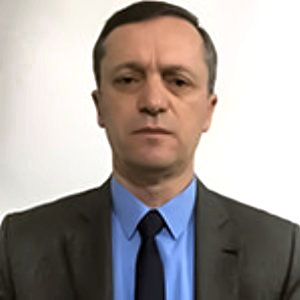
16:30 - Albchrome. The leading mining company in Albania
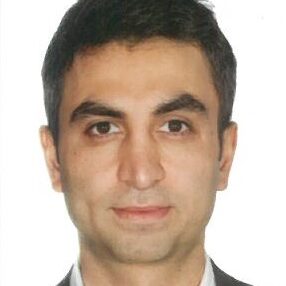
16:45 - Europe's New Source of Strategic Metals

17:00 - Exploring for Major Copper-Gold deposits in South East Europe
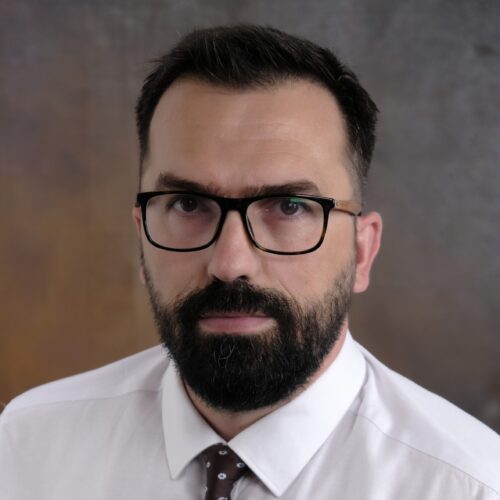
17:15 - Mine the World
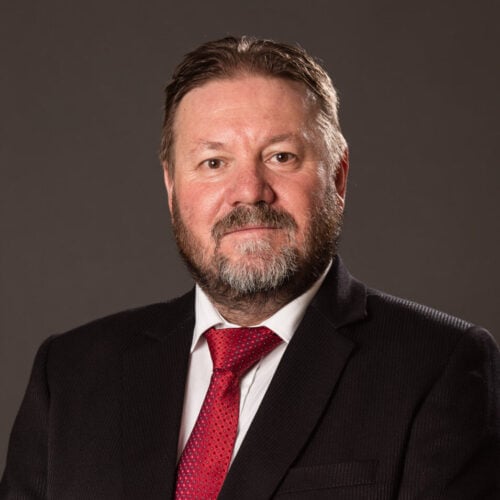
Decarbonisation of the global economy and implementation of the UN Sustainable Development Goals drive changes in the Environmental, Social and Corporate Governance in the mining and metallurgical industry. The difficulty in delivering minerals to satisfy consumption growth while decreasing the environmental footprint is compounded by declining ore grades. This has direct implications for the amounts of water and energy needed for production while increasing the environmental footprint of mining. Many mining companies in Europe are reviewing their sustainability strategies and are actively implementing technologies and projects that help to minimise their environmental footprint, reduce CO2 emissions and waste, and use energy and water more efficiently.
Discussion themes
• Sustainable innovative solutions for mineral exploration
• Challenges surrounding the exploration of mineral resources
• New geo-models to explore for ‘hi-tech’ raw materials
• Improving and developing interpretation of geophysical and downhole data
• Examples of Environmental and Health Concerns which could be identified during the exploration
• Geological Methods
• Drilling Technologies
09:30 - Innovation for reduced footprint in European and Balkans Projects
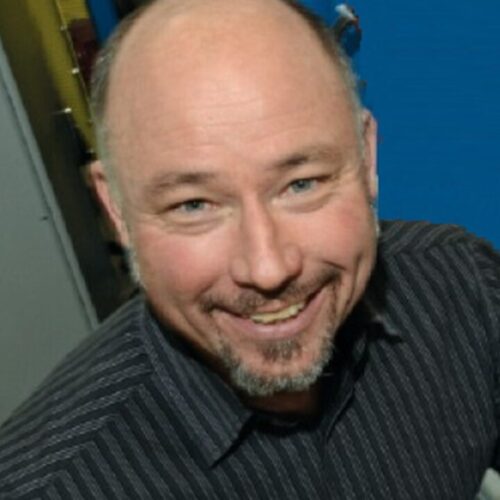
09:45 - Safety at work in the mining industry
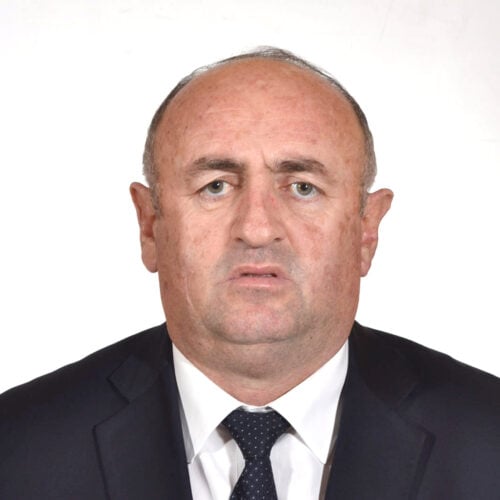
10:00 - Drilling and Sampling Considerations for Assessment of Mine Tailings

10:15 - Unlocking Value in Historical Mine Tailings: Mineral Resource Assessments

10:30 - A Practical Guide to TSF Risk Management (with Case studies)

10:45 - Tailings Efficiency: Minimisation and Monitoring

11:30 - Financing in Crisis Times

11:45 - London’s Capital Markets as a gateway towards Sustainable Mining

12:00 - ESG and mining. An EBRD perspective
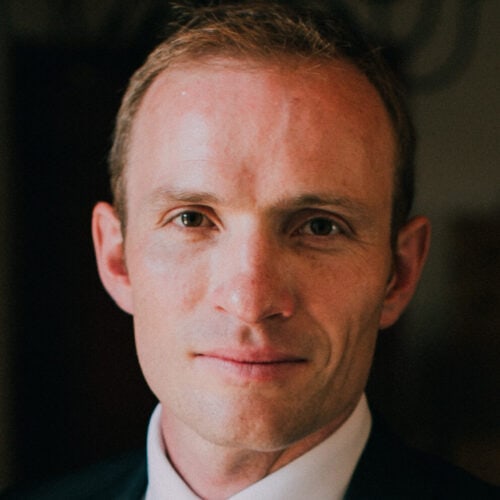
12:15 - UKEF in the Western Balkans - towards a more sustainable export financing and growth
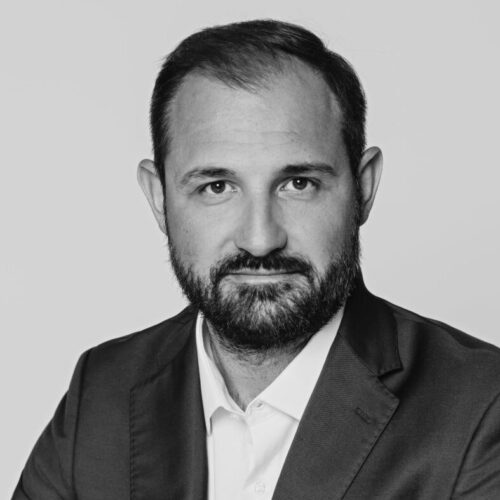
12:30 - Accelerating ESG financing and de-risking investment in the European mining projects

Updating the West Balkan Mineral potential using modern exploration technologies and classification of resources and reserves according to international standards is essential in order to attract new local and foreign investors. The life cycle of mining begins with exploration, continues through production, and ends with closure and postmining land use. The need to balance the desire for exploration with the financial risks attached is more pressing than ever, and a number of actors across the mining industry are developing new methods to make exploration more financially secure, and increase the likelihood of success. Modern mineral exploration has been driven largely by technology. New technologies can benefit the mining industry and consumers in all stages of this life cycle. Research in basic geological sciences, geophysical and geochemical methods, and drilling technologies could improve the effectiveness and productivity of mineral exploration.
Discussion themes
• Requirements and expectations for exploration technology
• What are breakthroughs in exploration technologies?
• Improvement in economic efficiency
• Mineral Exploration Targeting
• Remote exploration methods such as airborne geophysics and remote sensing in remote areas with logistical difficulties
• Importance of for grassroots exploration to develop a more conceptual exploration plan.
• Exploration Project Audit and Valuation
• Integration of Machine Learning (ML) and Artificial Intelligence (AI) in mineral exploration studies
• Drills and data analysis
14:00 - Search-exploration of lithium in Albania
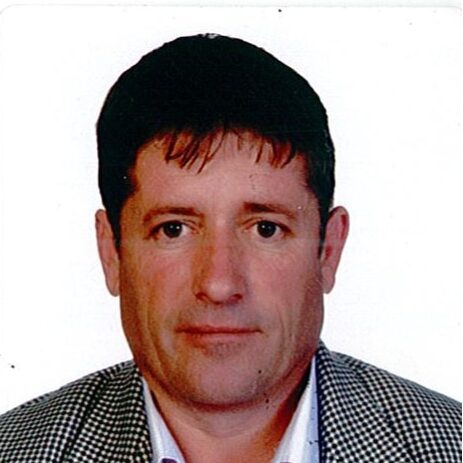
14:10 - Systematic, multidisciplinary, and proactive approaches to solving problems in the field of geology, mining, and environmental protection

14:25 - Structural studies, the key to success for the exploration of the chromite ore
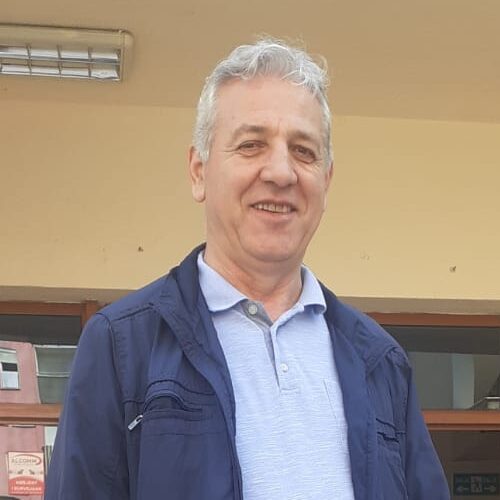
14:40 - The New Approach in Ore Body Exploration – The key to increase the geo-data quality and reduce drilling expenses.
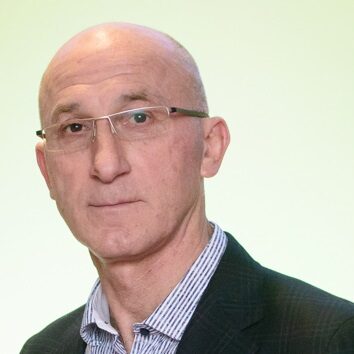
14:55 - Mineral exploration case studies with airborne EM natural fields
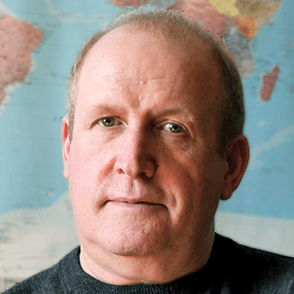
15:10 - Future mine modelling with Micromine

15:20 - Philosophy of prospecting

The mining and metals industry is recovering from one of its most difficult periods in decades. Market volatility and a downturn in commodity prices have created a new normal where cost cuts, automation and operational efficiency are vitally important. Some emerging technologies are set to completely transform the way mining professionals will operate over the next 10 years. Whether we are talking about improving productivity, saving money or boosting safety in order to better protect the workers. The mine of the future will be less visible, more compact, use less water and energy and have a limited impact on the environment. Future hubs will become more productive and extract minerals more efficiently thanks to a mass application of new innovations. Some of the technologies driving this transformation include blockchain, artificial intelligence (AI) and big data, where resource-intensive processes are being replaced by autonomous operations.
Discussion themes
• What emerging technologies will transform mining in the next 10 years.
• The rise in automation and what it means for the Future of mining.
• How digitalsiation technologies are improving mining safety, efficiency and profitability?
• Advanced robotics and autonomous or near-autonomous vehicles.
• Electrification of mining feet and other solutions for carbon footprint reduction in mining.
• Predictive maintenance using AI-assisted technologies.
• Achieving Sustainable Mining through Recycle Mining Waste and Eco-Friendly equipment.
16:00 - Strategic Mine Planning: A Good Place to Start
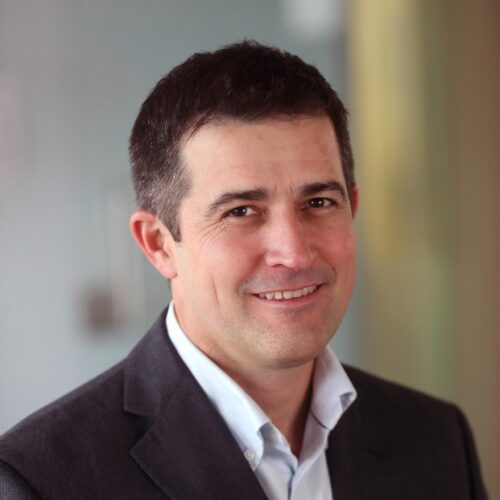
16:15 - Underground Mining Studies: Workflow and Considerations

16:30 - Full Scale Systematic Steps for EPCM

16:45 - Robotic Miners: A Paradigm Shift in the Mining Industry
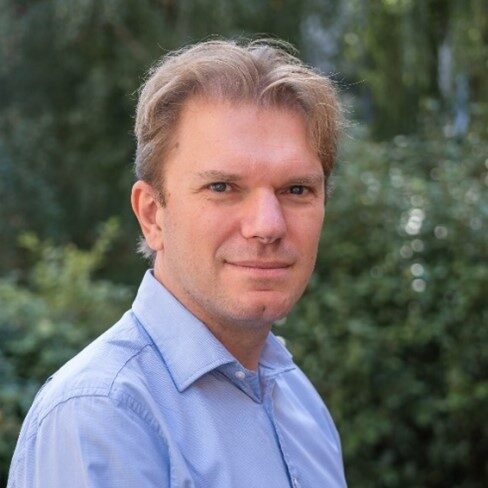
17:00 - How to be player of circular economy

17:10 - Sensor Based Ore Sorting. Revolutionizing the Mining Industry

17:25 - The mining industry in the age of industry 5.0 (2022 release)
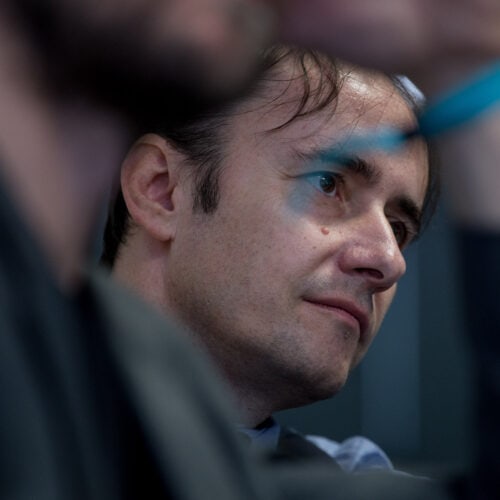
Brief
Spac Mine is one of the deepest underground copper mines which was discovered and built by the Russian Soviet State in the 1960s. During the 34 years of production, some 3.1-million-ton ore were mined and processed at an average grade of 0.88% copper.
The mine is currently owned and operated by Turkish investor – Tete Mining and Tunnelling group.
Spac Copper is one of the most productive mines with an active 12 km tunnel and around 3 million tons of recoverable reserves to be mined. TETE Albania plans to mine 3.6 million tons of ore with SPAC Project. At the time when Albania was governed by the Communist party, the mine was operated by the political prisoners. During the tour, delegates will be able to visit Spaç Prison heritage site supported by the World Monuments Watch.
Open 3D tour to Spaç Prison.
Schedule
Subject to change
08.00 Departure from Maritim Hotel Plaza Tirana, Rruga Abdi Toptani 18, Tirana.
09:30 Arrival at Spac Deposit. Introduction to the company. Health & Safety instructions.
10:45 Visit to the underground mine. Presentation of underground drilling, blasting, loading, transportation and filling system installed in 2017.
11:45 Visit to copper flotation and enrichment plant. Presentation of the crushing, milling, multiple stepped flotation and wastes dewatering and storage process.
12:15 Visit to a former Spac Prison
13.00 Lunch at the factory canteen with the mine management
14:00 Departure to Tirana
15:30 Arrival to Maritim Hotel Plaza Tirana


